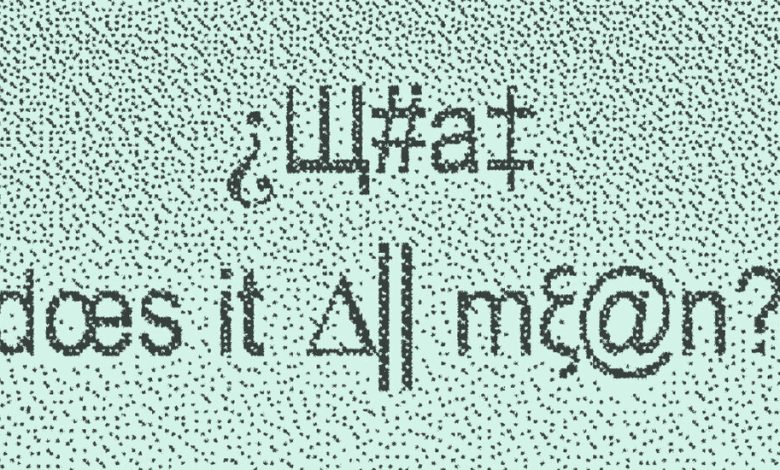This Poet Flirts With Sentimentality, but Averts It With Wit

THE SORROW APARTMENTS, by Andrea Cohen
Contemporary poetry isn’t witty. That’s not to say it isn’t funny; on the contrary, it can be extremely amusing, sometimes even intentionally. But for the most part, the art form today vacillates between, on one hand, decrying social and/or personal injustices and, on the other, aiming at a kind of conspicuously literary self-portraiture. This leaves little breathing room for wit, which skates above both approaches like a water strider passing over a couple of submerged hippos.
Some might say the shortage of wit is a good thing. Wit, after all, is glancing and clever rather than weighty and moral; it’s potent, but at the same time, not entirely serious. Wit is what the mean rich girls deploy in the dining hall against a poor but spirited kid from the sticks, who will soon turn the tables and use her own wit to show these … anyway, it’s a quality you sometimes find in young adult fiction or romance novels. Surely it has at best a minor role to play in poetry?
Andrea Cohen’s new book is called “The Sorrow Apartments.” Like Cohen’s previous work it bounces around quite a lot, from cigarettes to Sansepolcro to ceramic fawns to lost wallets (her last book was called “Everything”). Cohen sticks to a conversational middle-voice that resolutely avoids “poetic” phrasing; “I spilled my Coke” is a typical remark. Her comfort zone is the one- to two-page lyric, examples of which constitute probably 90 percent of the work here. While she’s not a formalist in the strict sense, Cohen has an acute ear and an easy command of technical felicities. For example, in “Eavesdropping on Adam and Eve,” a kind of cockeyed tour of civilization by means of its founding couple, Eve “wraps herself, boa-/like, around him,” the line neatly mimicking Eve’s motion. It’s gratifyingly deft.
It’s more than that, too. Cohen’s signature maneuver is a kind of twist or flourish that shifts a poem away from the (usually sentimental) ending that seems to be coming. Here is the book’s last poem, “Bunker,” which offers a condensed version of the tactic:
What would I
think, coming
up after
my world
had evaporated?
I’d wish
I were water.
This reads smoothly and movingly, but the lines get pricklier the more you look at them. “What would I/think” is conditional; it offers the spectacle of an “I” imagining a future version of itself. But then the proposed future version imagines another version: “I’d wish/I were…” And this is all phrased as a question — but to or from whom?




